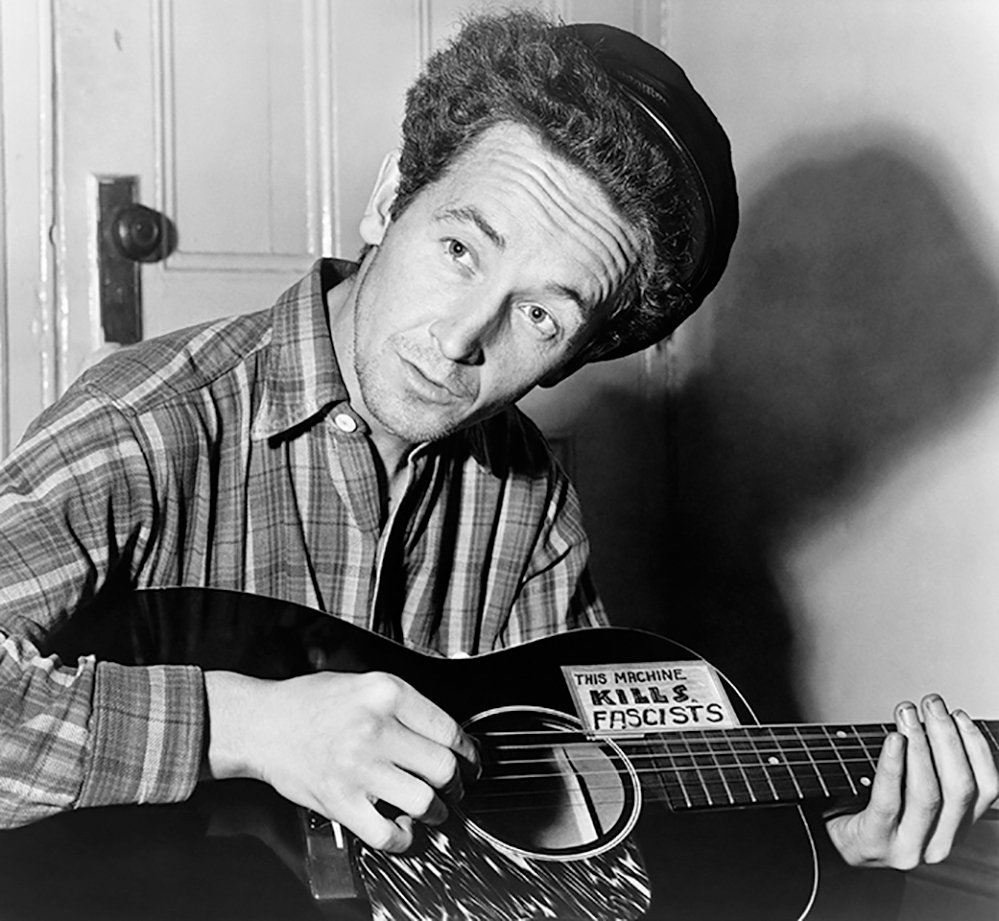Millennials passionately consume countless hours of music on their Spotify lists because of the emotional connection it can inspire. In the postmodern age, music seems to have lost the bottom-up approach to politics once infused in the music of a bygone era. Notably for young people, music is the most personally powerful way one can experience feelings of comfort in times of both elation and grief. In a time of increasingly polarizing politics where many students feel powerless against the political establishment, students can reclaim the empowering nature of music as a form of political and social resistance.
Disenfranchised and marginalized
Both Christian and secular music artists can use their musical talents and artistic abilities to speak out against the current injustices that continue to plague our communities. In a time where many people feel disenfranchised and marginalized by the current political process, music can remind us of our place in our communities and encourage us to fight the powers that thrive on exploitation and oppression.
An article published by the Rolling Stones provides a list of some of the last century’s greatest singers of protest songs. Artists such as Bob Dylan, Creedence Clearwater Revival, Barry McGuire, Buffalo Springfield and Rage Against The Machine sung songs that attacked everything from the military-industrial complex to racism.
A unique language
The American folk singer, Woody Guthrie, was able to encapsulate the breadth of the United State’s blood-stained history of labor wars and the plight of the American working class when he wrote a song in memory of the victims of the Ludlow Massacre. Pete Seeger famously wrote and sang songs that became the anthem of the Civil Rights Movement and the music of choice for social activists engaged in protest against environmental destruction and the destructive nature of the Vietnam War. Bruce Springsteen became the symbol of the American working class. Paul Robeson used his songs to highlight American racism and the oppression perpetuated by the political elites on the working class.
Music is not a panacea to all our problems. Music will not be able to end the military campaigns in the Middle East or solve urban poverty in Detroit. Listening and creating music exposing the limitation of corporate media will not magically cure our country’s problem. Legislation and laborious political processes, not music, are the only way for the American people to push forward. However, it is important to note how music gives listeners the ability to tap into a language only art can uniquely provide.
Contemporary artists such as Eminem and Death Cab for Cutie have already created songs in direct response to the election of Donald Trump as the current President of the United States. There are numerous students on Biola’s campus who are involved in the music community, whether it is making music or visiting concerts. There is a very rich history of protest music in the United States. Our generation can harness the power of music to empower ourselves just like a generation of young men and women did when the United States seemed to be suffocating by the Vietnam War. Biola students are artistically talented, and we can help leave behind a legacy of contemporary protest songs.







